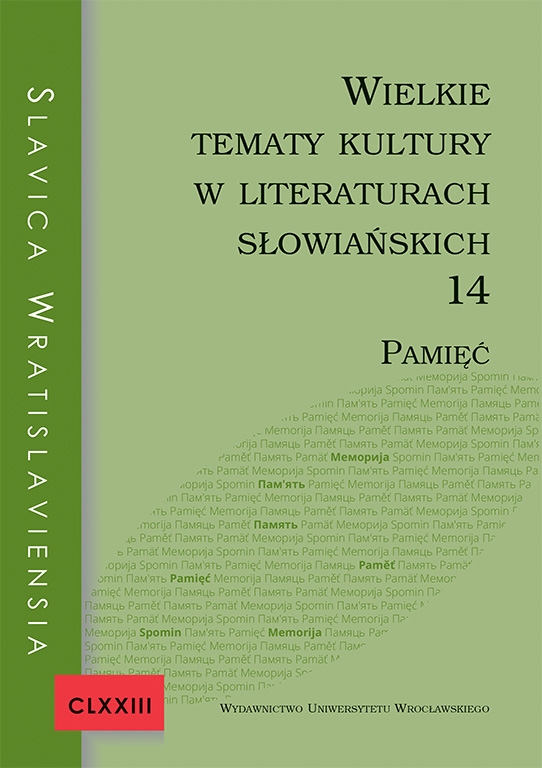

Eastern Slavic Literature

In the works of Victor Pelevin we often find matching concepts of “world” and “the whole world”. The reality presented in such a way in the novel The Life of Insects may refer to the memory of the Byzantine Empire. This article is devoted to the analysis of this issue based on Maurice Halbwachs’ theory, an important part of which is the understanding of the role of history in collective memory.
Victor Pelevin describes his contemporary Russia: the atmosphere after the collapse of the Soviet Union and the influence of American culture on the lives of its inhabitants. Interestingly, the situation of the country prompts its citizens to reflection, which, with reference to the theory of collective memory, revolves around Byzantium. The novel is set in Crimea, which in some respects reminds its inhabitants of Rome, and the concept of Russia as the “Third World” is tied to the idea of the “Third Rome”. The motif of the Byzantine Empire, on the other hand, is accompanied by the histories of ordinary citizens who, referring to their personal lives, create their own image of the “whole world”.